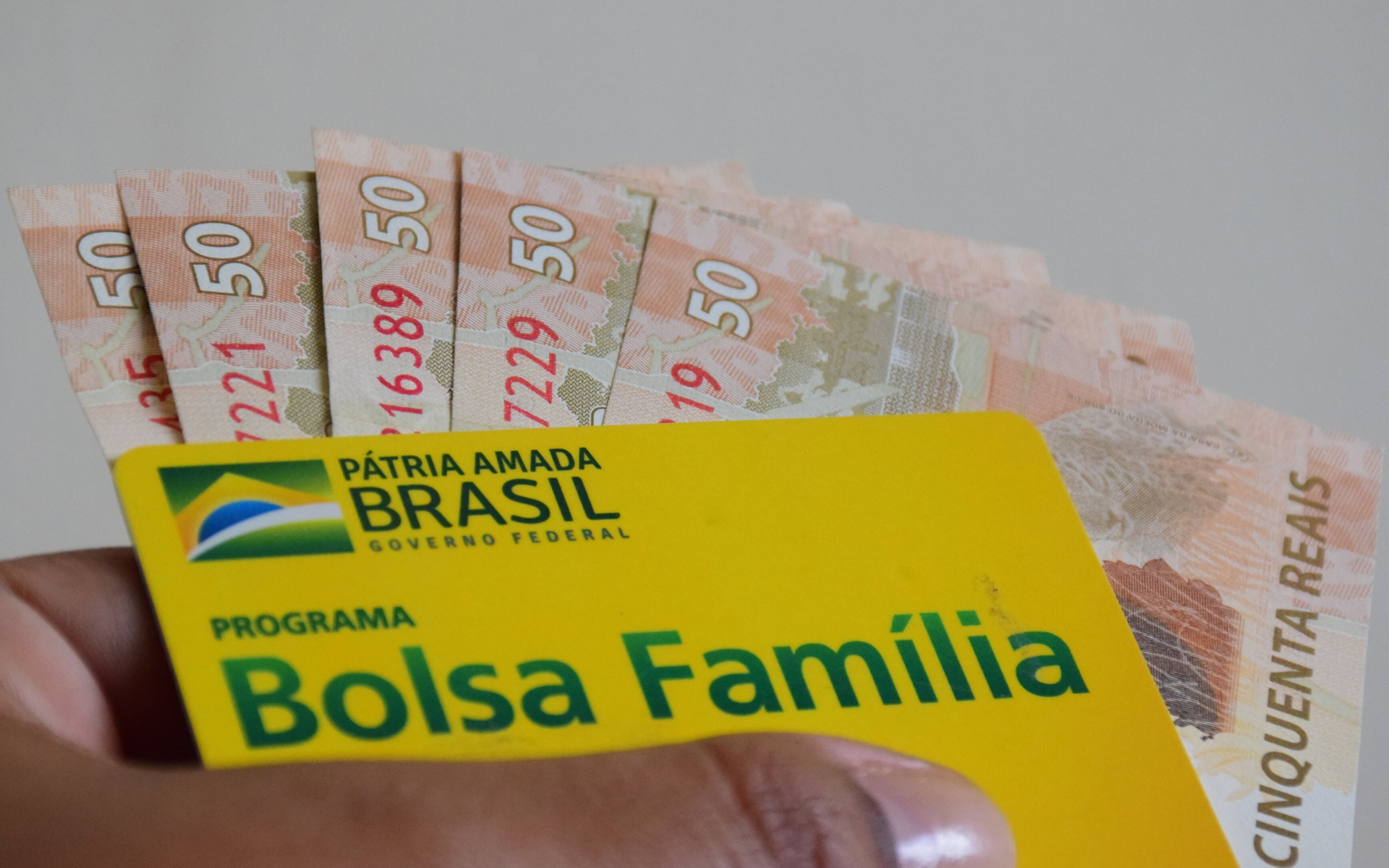Uncategorized
Changes to the spending ceiling are discussed by the government
Advertisement
Administration officials say the Commerce Department is discussing changes to the spending cap, the rule that prevents public spending from rising above the previous year's rise in inflation.
People linked to the Ministry of Economy say that minister Paulo Guedes argues that the spending ceiling is an important indicator, but the problem is in setting the ceiling and floor without locking. The lower limit would be mandatory expenditure from the federal budget.

Changes to the spending ceiling
The changes to the spending ceiling proposed by the Ministries' technicians must, therefore, be made through changes in the floor, that is, in indexed and linked expenses, making mandatory expenses high and leaving little room for maneuver in the budget.
The argument to be used by the economics team is that the ceiling rule prevents an increase in spending even when revenue is increasing, as has been the case in recent months. Thus, by de-indexing and decoupling spending, it would be possible to reduce the automatic increase in spending that pushes the floor to the ceiling.
Today, the spending ceiling is being readjusted by the IPCA. Regarding the hypothesis raised that the adjustment would be based on the IPCA plus an additional percentage, sources said there was no confirmation in this regard and reiterated that they are approaching the spending side, the so-called floor.
Another point of discussion defended by economists would be the maintenance of a fiscal rule that limits spending and also includes control of public debt. Specifically on this point, the source states that the evolution of the debt has already been taken into account in the approved PEC that established the new fiscal framework.
The evidence that debt is part of this reasoning, he continues, would be that during the pandemic with the war budget, the decoupling of health spending made it possible to spend what was necessary, and as public service salaries were being deindexed, the Debt practically stable.
As a result, the interlocutor concludes, the national debt was around 78 of GDP, although the IMF predicted that it would reach 100%.
However, economists argue that government debt was lower than expected due to the impact of inflation, raising prices and, consequently, the revenue base on which taxes are collected. They also claim that government debt is expected to rise to more than 80% of GDP in 2023, with higher government spending increasing fiscal risk and putting pressure on interest rates.
See too:
About the author / Tiago Menger
Trending Topics

FGTS: Minister confirms the END of the anniversary withdrawal in 2023
On Sunday (12), minister Luiz Marinho participated in an interview. Marinho also spoke about minimum wage and FGTS.
Keep Reading
Unified National Competition: check the important dates of the selection process
The Unified National Competition announces an unprecedented approach to federal public selections. Check important dates here.
Keep ReadingYou may also like

Caixa releases loans of up to R$ 5 thousand for negative women; check out
Caixa Econômica recently started investing in products and services aimed at female entrepreneurs. Among the new features are Caixa para Elas and Emprega + Mulheres.
Keep Reading
Bolsa Família: could the 13th salary come out in 2023? check out
Although the Federal Government has already declared that it will not pay the 13th salary of Bolsa Família, the opposition intends to change this.
Keep Reading
